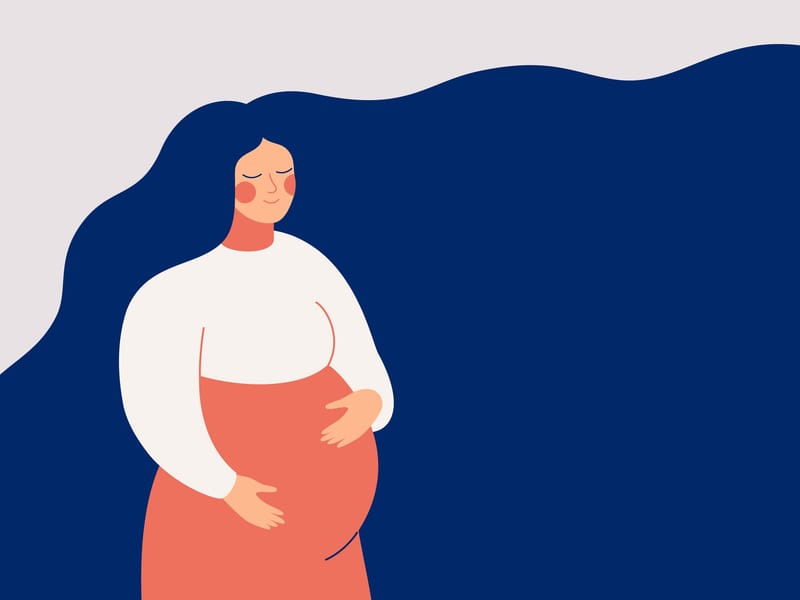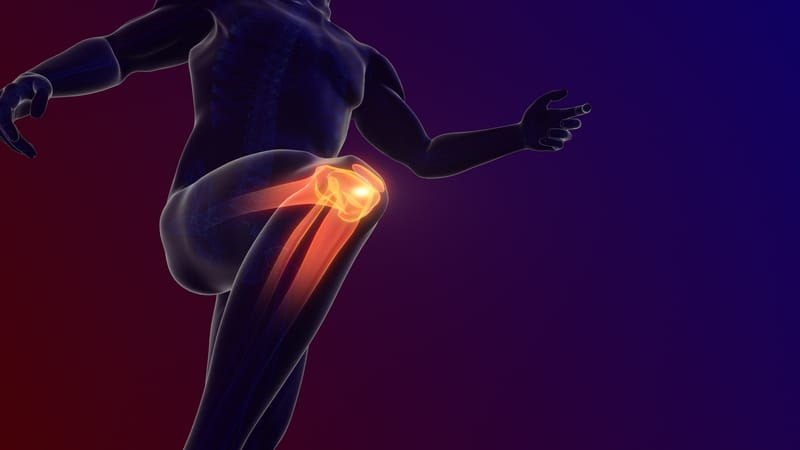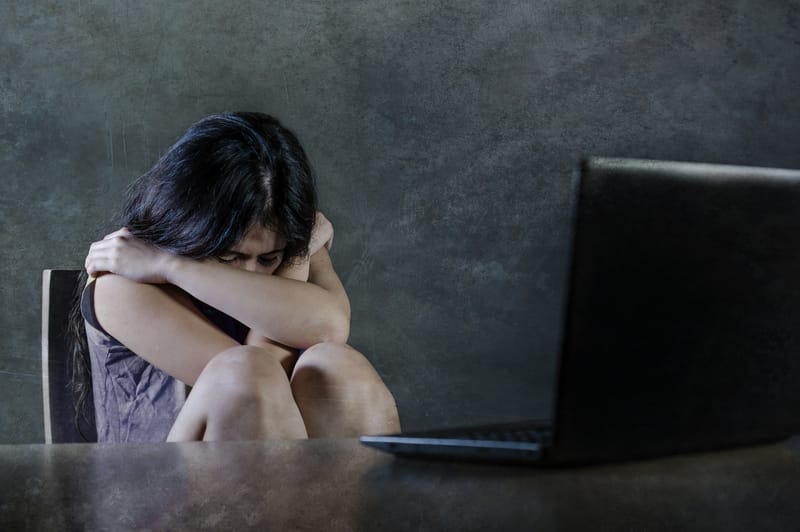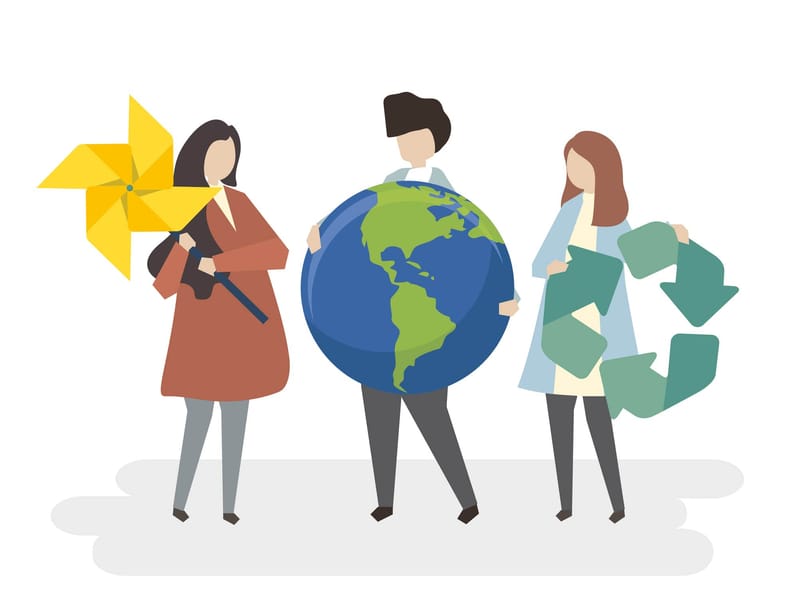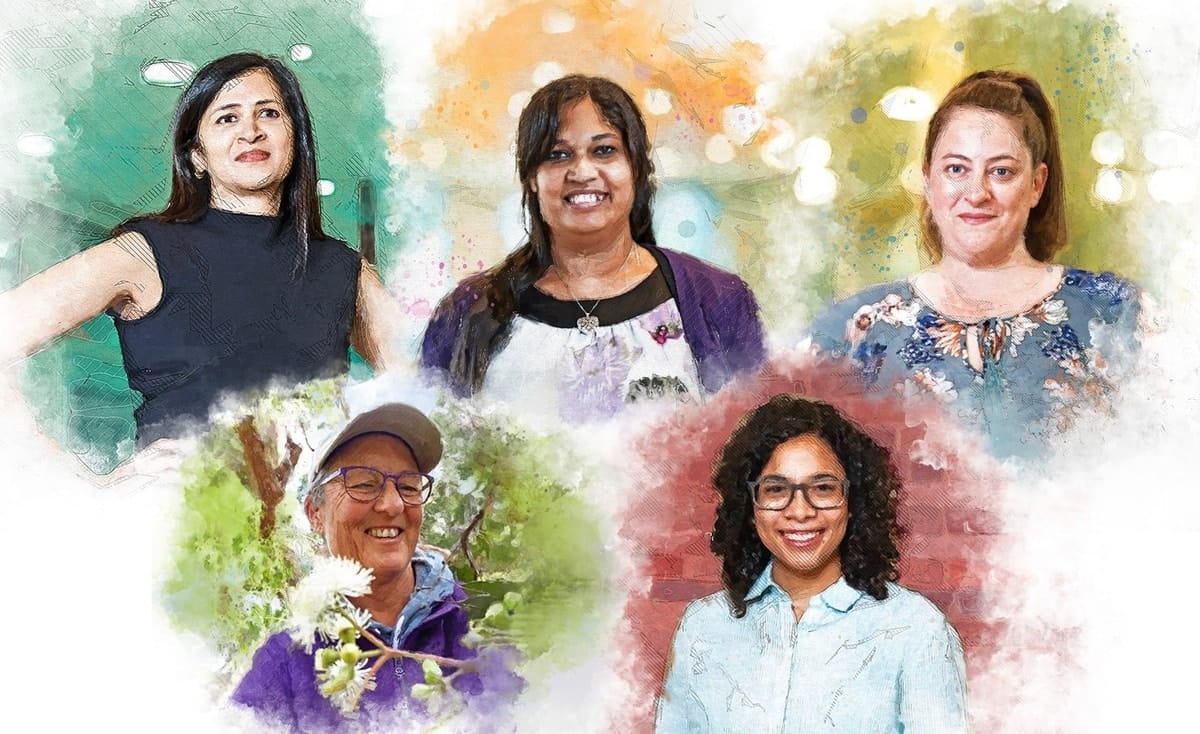
This International Women’s Day, Monash Education celebrates the stories of five people nominated by senior leadership for their work in #breakingthebias both at work and home: Dr Beatriz Gallo Cordoba, Dr Erin Leif, Dr Pearl Subban, Shantal Braganza, and Dr lisahunter.
This year’s theme for International Women’s Day is “Break the bias”, and the reflections and experiences were as individual as the people themselves.
They spoke of leadership roles dominated by men, witnessed pay inequality, and experienced misogyny, ageism, racism, and queerphobia.
All intersected in different ways, and all acknowledged positive changes were on the horizon.
The staggering discouragement of racial prejudice
Pearl Subban
As a woman of colour who was born and raised in South Africa, social inclusion researcher Pearl Subban has experienced first-hand “the staggering discouragement of racial prejudice”.
“Sometimes, this form of prejudice is tolerated, despite its sense of disempowerment and disenfranchisement.
“Over time, I’ve developed an armour, and personal coping strategies to manage the distress, discomfort and anger that walks in the wake of racial discrimination.”
Pearl adds that staying mindful and calm, and avoiding defensiveness, has helped. “It’s the racism that requires a reaction, not the person.”
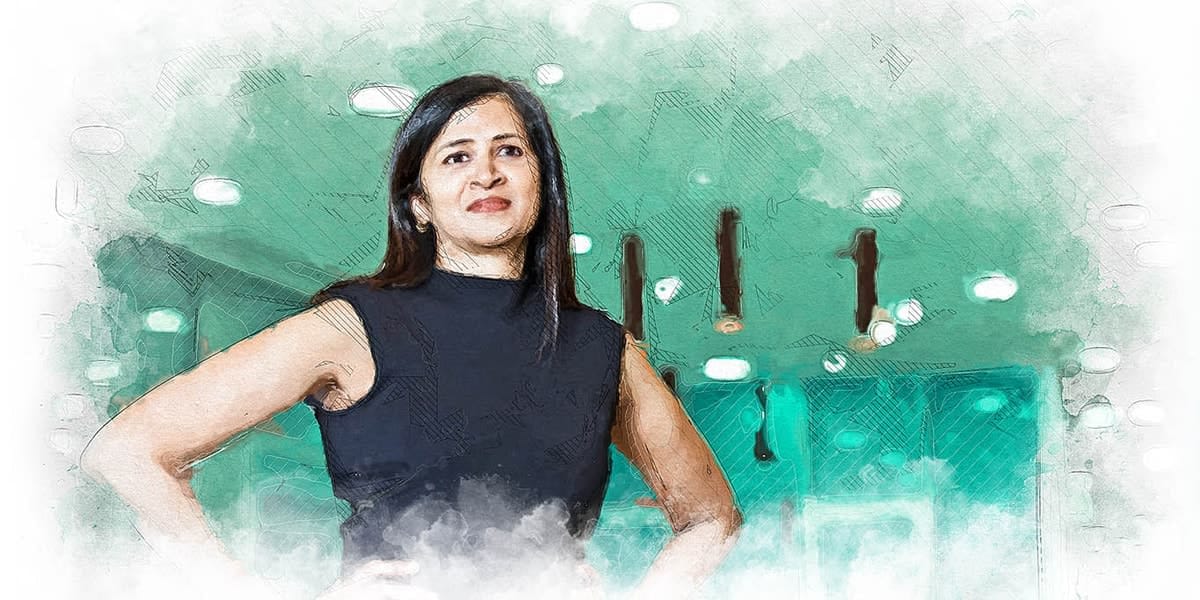
These experiences have directly informed her career working to create true social inclusion in schools.
“I’m grateful to be in a workplace that acknowledges the barriers this form of discrimination presents.
“Being in this space has allowed me to walk alongside and celebrate with individuals who will change the next generation, our teachers. Knowing that I’ve impacted on their understanding, and perhaps altered their thinking, does fill me with wonder and pride.
“Women need to raise each other up,” she says.
“Social media has been rampant with the slogan ‘The Future is Female’. If we want this to materialise, then we need to seize every opportunity to raise each other up, to become bolder in the workplace, and counter the stereotypes that hold us back.”
Intersectional biases
lisahunter
For lisahunter, a health, gender and sexuality researcher, the idea of bias is complicated, and intersectional.
“Some biases that have had a real impact on my career have been being from a non-university family, being designated and positioned as a girl/woman, being labelled with gender/sex categorries not of my choosing,” they explain. “Being deceived and lied to about our patriocolonial society, being short in a tall-capital world, my name.”
lisahunter notes these biases have intersected in the way they get positioned – not listened to, noticed or taken seriously in a way that can create change.
“I still get mansplained and he-peated in meetings. The strategy I have is persistence, building relationships despite some pretty hefty backlash and the grind of resisting complicity.”
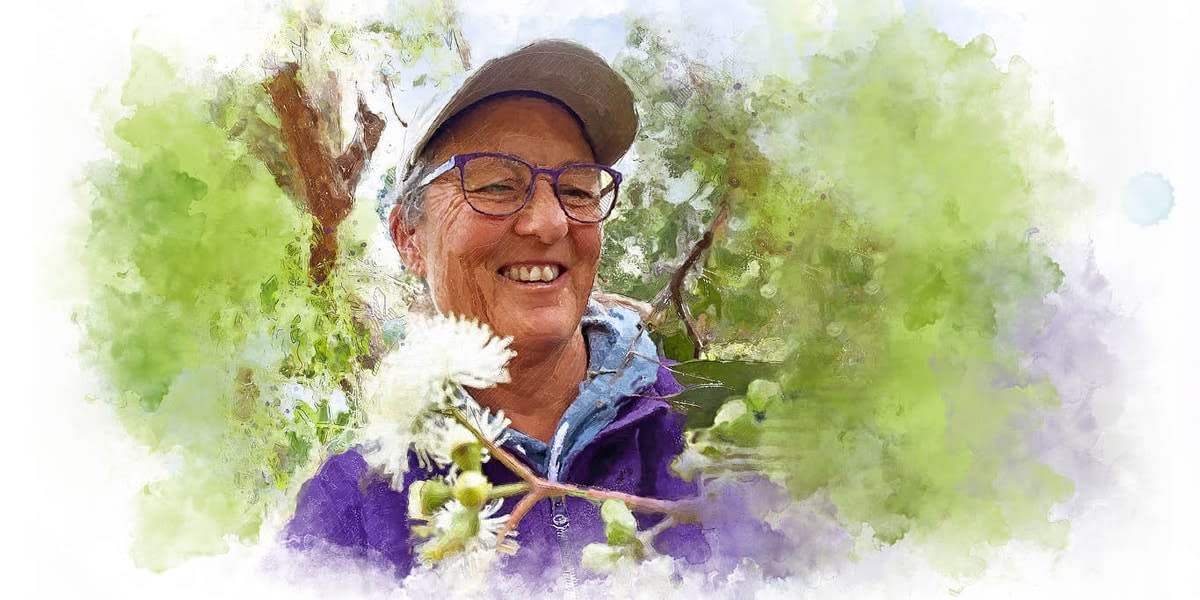
According to lisahunter, there’s a lot of work to do if Monash is really going to embody the vision of its Impact 2030 strategic plan.
“We must unlearn racism, cishet binarism, misogyny, homophobia, queer bias, and more – these need extensive and deep attention and energy.
“Some are more willing than others to do this work. Some are protected by the systems. Some are waiting to be shown how. Some are doing great work already, but bearing subtle and not-so-subtle backlash.
“And, of course, some are still suffering a lot, their work being to survive”, they add.
“But it’s not up to survivors to change the systems, it’s up to us who are complicit in maintaining the systems, which we embody and from which we benefit.
“IWD marks how much work is still to be done for those positioned as ‘girl’ or ‘woman’ around the world.”
Read more: Up for the count: Women authors reach parity in the review stakes
The burden of women
Shantal Braganza
For Shantal Braganza, it’s about busting biases in both her professional and personal life. She has responsibilities for the care of her three nieces and nephews, coordinates all events for Monash Education, and is a dance instructor and choreographer.
“Women can be hindered in their career progression when relying on maternity, carer’s leave and temporarily returning to work part-time. Care obligations seem to still be considered mostly the responsibility of women. Too often it’s assumed the woman in a partnership will be the primary carer,” she says.
“Mental load contributes to a work-life imbalance for women who are routinely expected to remember and organise everyday errands which are not typically acknowledged.”
Shantal adds: “I’d like to see the next generation have the support and options that break the stereotypical assumptions and create a livelihood that’s equal and shared between partners.”
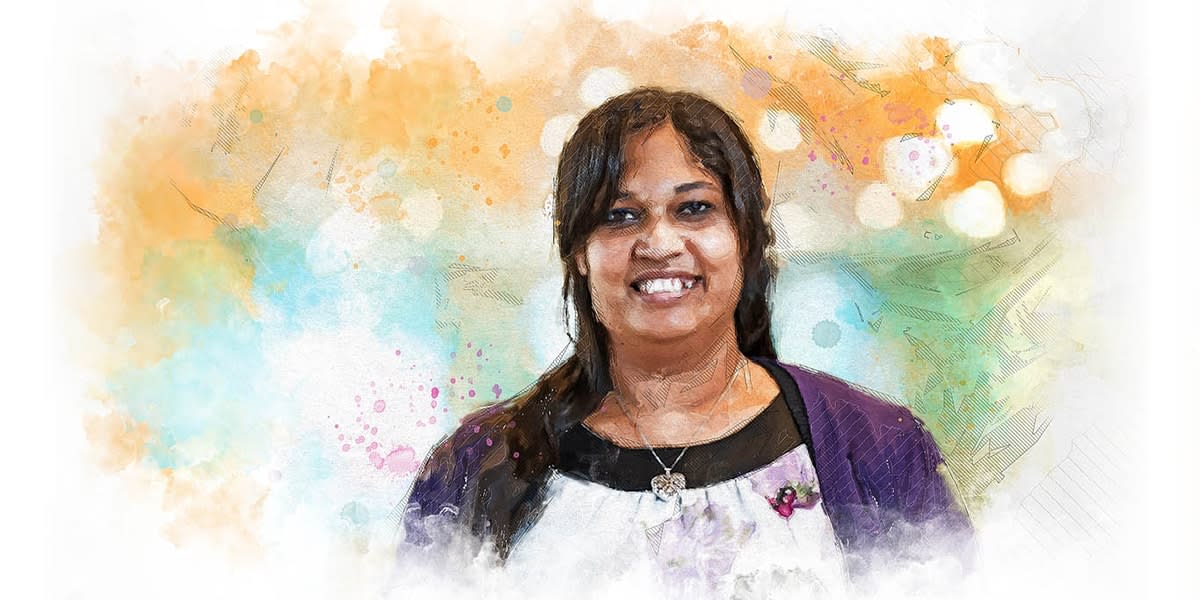
For her, tackling bias is also being able to actively contribute to the community through dance. Apart from choreographing performances for national television, she also works with children with disabilities, and older people.
She lights up when talking about making dance inclusive and accessible for everybody.
“I regularly perform at nursing homes and inclusive afternoon dance parties, and have created inclusive school dance programs, particularly for deaf and hard-of-hearing people.
“Just because their hearing may be hindered doesn’t mean they can’t dance. All the other senses can be tapped into. It’s good for them and good for the other students,” she says.
“Dance is something that brings so much joy, and I don’t want other people to miss out on it.”
Our labels determine our opportunities, and this needs to change
Beatriz Gallo Cordoba
Colombian-born equality researcher Beatriz Gallo Cordoba said she felt relatively sheltered from gender bias when she first started as a graduate researcher 11 years ago because of her supportive team and supervisor.
“I was part of a close-knit team of recent graduates [who] were very supportive of each other, so I was protected from biases in the workplace.
“However, I felt I had to overcome looking like (and being) a young woman to gain the trust of my students when I started lecturing. Being a young woman felt like a barrier for them to understand I could be knowledgeable about my subject matter.”
It’s an experience that’s echoed for her now that she works at Monash: “Most of my colleagues trust my skills as a researcher, but there are times when a person questions my knowledge and expertise much more than others.”
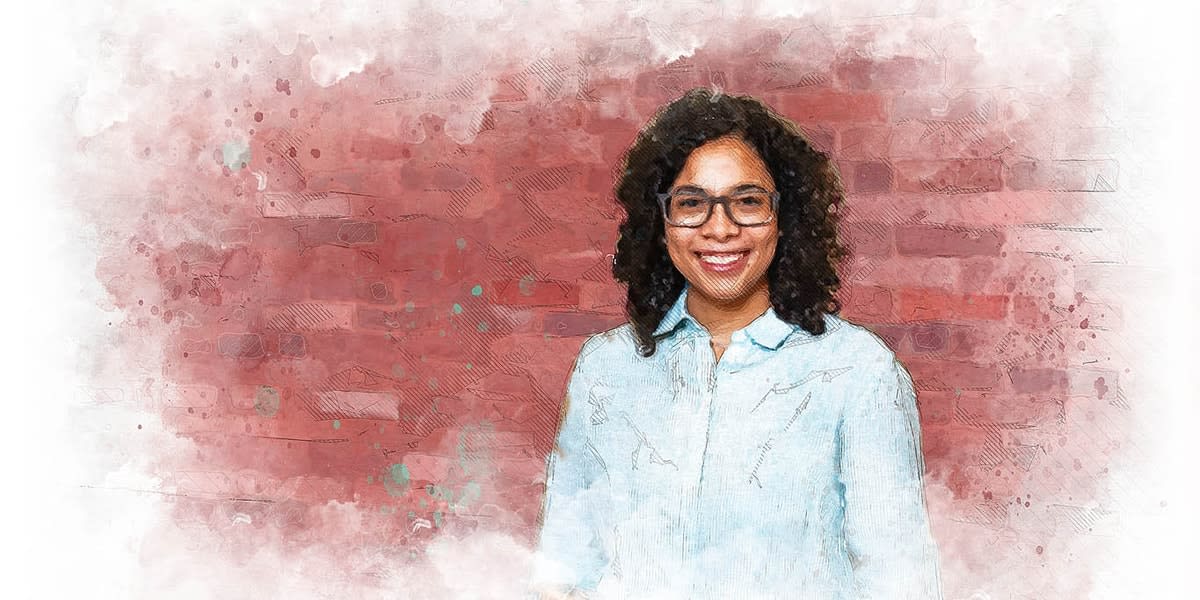
Beatriz says she’s proud of the work she does as a researcher, with its roots in her background.
“My work is about measuring and modelling inequality.
“The main insight from my work is that as diverse as we are, labels – white/black, woman/man, gender diverse/cis-gender, sexually diverse/heterosexual, able-bodied or with an impairment – matter mostly because they determine the opportunities we’re offered, what school we get to attend, the healthcare treatment we receive, what jobs we are hired for.
“If people, regardless of their labels, had the same opportunities, labels wouldn’t matter at all”, Beatriz says.
“Of course, people would be different because we are all human, but we wouldn't be different because of our labels. I hope my research joins the mound of research teaching all of us that diversity is valuable.”
Imposter syndrome, disability, and taking action
Erin Leif
Erin Leif is an inclusion researcher who works extensively with children (and their families) with a disability. It’s a passion that comes from her lived experience.
“I identify as having a psychosocial disability. When I first began my career, this was something I hid from my employer. Doing so caused me quite a bit of stress and prevented me from accessing support.
“Today I’m much more open about my lived experience with disability, and this has helped me access support, and has strengthened my relationships with colleagues.
“It’s wonderful to see how much more support is provided to women with disabilities in workplaces today, but there’s a lot of room for improvement.”
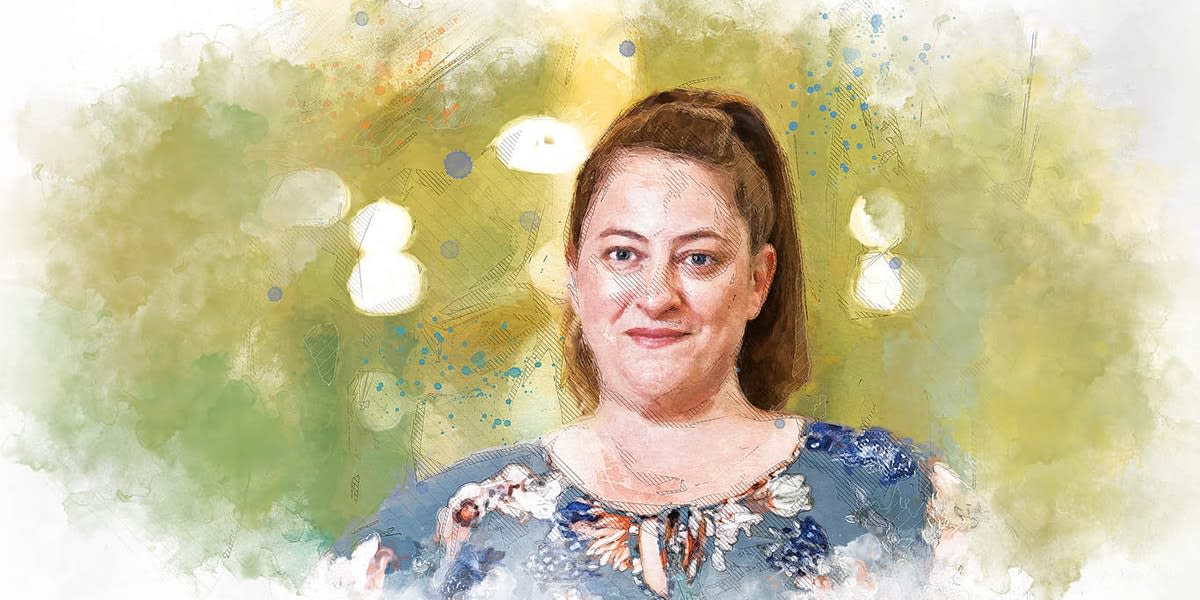
Erin says an important step is for employers to get specific when it comes to tackling equity and inclusion in their workplace, beyond a mention in mission and vision statements.
“I want them to get specific and describe the committed actions they’re taking.
“Actions might involve offering more flexible working arrangements, providing benefits to support women who are carers, providing customised professional development pathways, and creating women-to-women mentorship programs.”
She says she’s encouraged by changes in her field since her career started, particularly the shift in women filling leadership roles.
“My field in inclusive education and disability is largely made up of women, especially entry-level roles. But when I started my career, most executive and leadership roles were filled by men, and the most highly-cited research papers were written by men.
“Now I see so many more women in leadership roles in the field, in both clinical practice and in academia. It’s inspiring.”
Read more: International Women's Day 2021: The realities of being a woman at the top of academia
Tackling bias in your own career
According to Beatriz, reminding yourself that biases tell you more about other people’s insecurities and vulnerabilities than your own is the first step in dealing with workplace bias.
“You have a right to make mistakes, correct them, and to trust your skills and knowledge.”
Pearl reminds us: “Be bold, and use grace and dignity to overcome obstacles.
“Bias is inbuilt into most spaces occupied by human beings, but thank goodness for the plasticity of our brains, which actually allows us to not only confront, but alter the way we view other people.
Erin noted the best course of action is to find a mentor you respect and trust. This way, you have someone to talk to when faced with difficult situations at work.
“Think about people who you respect and look up to in your field, and reach out and form relationships with those people.”
“Be bold, and use grace and dignity to overcome obstacles.” – Pearl Subban
lisahunter speaks about the importance of recognising your own privilege.
“Use your privileges with humility, to enhance the lives of others. Do the work to learn to recognise the biases and their perpetrators, including your own biases.
“Advocate and educate for change. Gather like-minds and allies around you, and be ready to speak to backlash. It’s difficult and possibly dangerous, but not as dangerous as being complicit in enabling bias through ignorance or inaction.”
The selection of staff featured in this story was determined by nominations from the senior leadership team of Monash’s Faculty of Education.
This article was written by Dr Kelly-Ann Allen, an educational and developmental psychologist, and a senior lecturer in the Faculty of Education, and Lara McKinley, Senior Content Coordinator.


